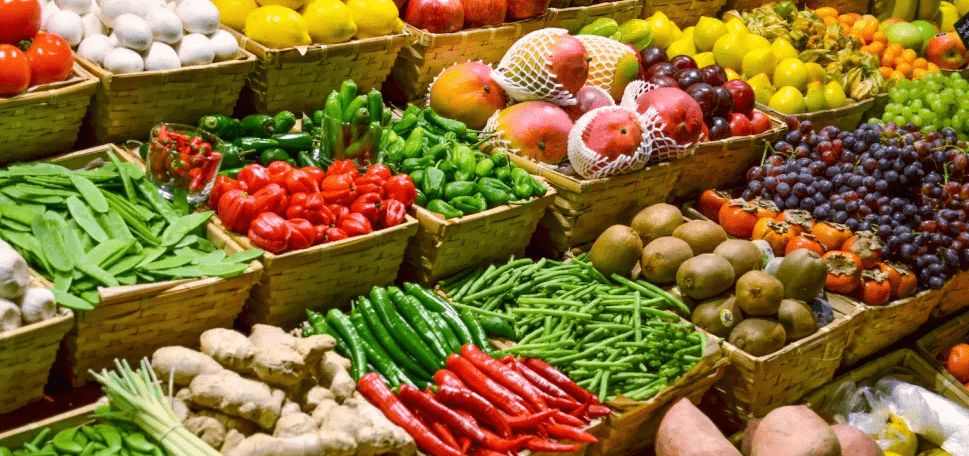European Commission proposal on new GMOs favours biopiracy over rights of farmers and citizens

On July 5, the European Commission presented its proposal to create a new regulatory framework for certain GMOs . This proposal gives centre stage to biopiracy and the privatization of all seeds by patent-holding companies, to the detriment of farmers’ rights to seed. European Coordination Via Campesina (ECVC), which represents peasant farmers across Europe, calls on the European Parliament and European Council to reject this unacceptable proposal.
The European Commission is looking to abolish the traceability of GMOs resulting from “new genomic techniques”and remove labelling requirements for foods derived from these GMOs. This will help seed companies to push them on the overwhelming majority of the population that currently chooses to avoid GMOs. Behind its pseudo-scientific verbiage, the complexity of the rules proposed by the Commission deliberately renders them unworkable.
By removing the obligation of traceability, they have intentionally wiped out all means of verifying that these rules are being applied. On the contrary, the Commission has shown its true colours, putting its trust in the declarations of the self-serving seed industry. On the one hand, when it suits their interests these industry voices claim that their patented GMOs are indistinguishable from plants derived from traditional, non-patentable selections. Yet, when it is in their interests, they will employ an arsenal of techniques to identify their patented genes and any infringement of their patents. The industry will thus be able to claim, without fear of being inspected, that its seeds obtained using new genomic techniques are obtained using other techniques.

Consumers will lose their right to know what they eat, and to choose GMO-free food
By prohibiting Member States from stopping these GMOs being grown on their territory, the Commission is effectively removing farmers’ rights to protect their fields from genetic contamination and to grow GMO-free crops.
On the other hand, the loss of traceability of new GMOs, and therefore of patents on their genes, will enable the companies holding these patents to confiscate all available seeds; it opens the door to extend the scope of these patents to genes existing in nature and in farmers’ and traditional seeds. Farmers will lose their right to use, select and exchange their own seeds. They will be forced to buy expensive industrial seeds, which create dependency on fertilizers and pesticides and are poorly adapted to their local growing conditions.
The risks to health, the environment and agriculture generated by any artificial genetic manipulation will no longer be assessed: farmers, biodiversity and consumers will be unwitting guinea pigs. What’s more, as ECVC has underlined since the beginning of this initiative on “new genomic techniques”, the impacts of this deregulation on European patent law, and therefore on farmers’ rights to seeds and on the entire GMO-free agricultural sector, including organic farming, have never been assessed by the European Commission in its impact study.
The aim of this proposal is quite simply to sacrifice GM-free, peasant and organic farming, which will be forced out of existence despite growing consumer demand and the many election promises to support its development. At the same time, our entire food supply will come under the control of four or five global seed companies, which hold all the patents on the main GM techniques and on the main genes of agricultural or industrial interest. What’s more, while claiming that these GMOs can contribute to sustainability, the Commission has broken yet more promises and removed the few safeguards that were in place on the marketing of herbicide-tolerant plants.
ECVC calls on the European Council and Parliament to firmly reject this outrageous proposal, and to maintain strict regulation and traceability of all GMOs.
With regard to the proposal to revise the legislation on the marketing of seeds, which was also published on 5 July, ECVC welcomes the provisions concerning the exchange of seeds between farmers, which correspond to the already recognised rights of farmers to exchange their seeds. ECVC will shortly be publishing an analysis of this proposal.
This post is also available in Español.
